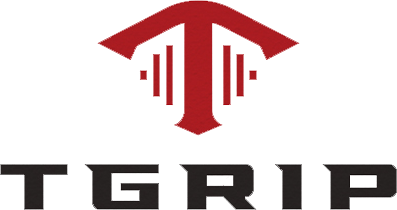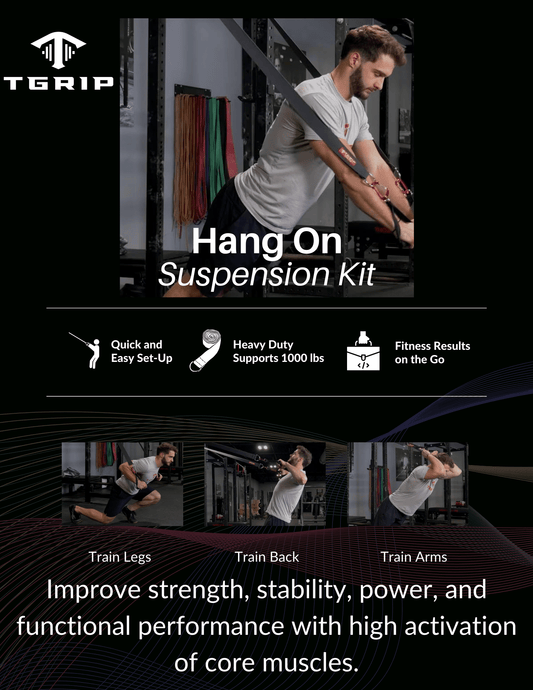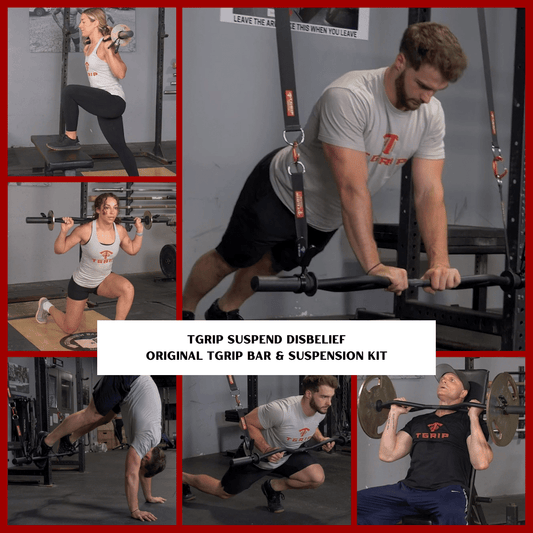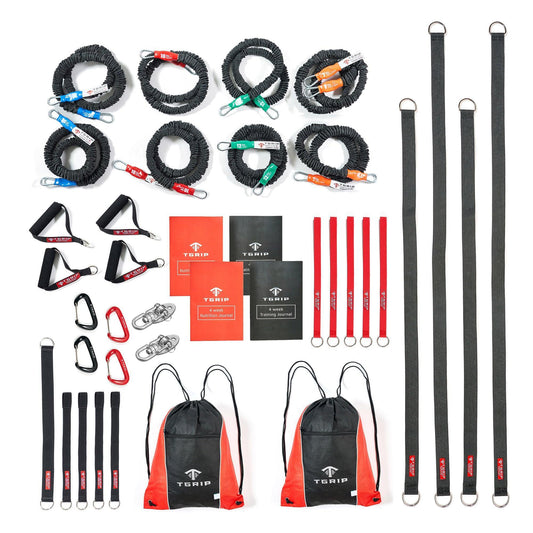The Importance of Warming Up your Shoulder Rotator Cuffs Before any Strength Training Workouts is imperative!"
After many years of dealing with my own shoulder issues I feel it wouldn't be fair not to share my experiences and knowledge on this subject. With that I will be writing and creating content intended to hopefully save anyone from unnecessary pain and injuries. Especially to get the message across to young lifters or anyone at the beginning of a fitness journey.
When I was in my early 20's I started getting serious with weight lifting all I wanted was to get stronger and build muscle. At that time the older wiser guys (like myself now 30 years later) told me how important it was to go through the light shoulder warm-up to strengthen up the muscles you don't see. Of course I never listened, I only remember being told that because It sounded funny at the time, I said to myself back then yeah yeah Ill get right on training those muscles I'll never see!
When it comes to strength training, we often focus on the big muscles like the chest, back, and legs. However, neglecting smaller muscle groups can lead to imbalances and even injuries. One such overlooked area is the rotator cuffs. These small muscles in the shoulder play a crucial role in stabilizing the joint during various movements. Therefore, it's essential to give them the attention they deserve by incorporating specific warm-up exercises into your routine.
Why Warm Up the Rotator Cuffs? The rotator cuffs are involved in a multitude of shoulder movements, including lifting, pushing, and pulling. Whether you're doing overhead presses, bench presses, or rows, your rotator cuffs are actively engaged. By warming them up properly, you increase blood flow to the area, improve joint lubrication, and enhance muscle flexibility. This not only reduces the risk of injury but also allows you to perform exercises with better form and efficiency.
Effective Rotator Cuff Warm-Up Exercises:
-
Arm Circles: Stand tall with your arms extended straight out to the sides. Make small circles with your arms, gradually increasing the size of the circles. Perform 10-15 reps in each direction.
-
External/Internal Rotations: Using a resistance band or light dumbbells, perform external and internal rotation exercises. For external rotations, hold the band or dumbbell with your elbow at a 90-degree angle and rotate your forearm outward. For internal rotations, rotate your forearm inward. Aim for 2-3 sets of 12-15 reps for each direction.
-
Sleeper Stretch: Lie on your side with the arm you're stretching on top. Bend your elbow at a 90-degree angle and place it on a pillow or rolled-up towel. Gently press your hand down towards the bed, feeling a stretch in the back of your shoulder. Hold for 15-30 seconds, then switch sides.
-
Prone Y's and T's: Lie face down on a mat with your arms extended straight out in a Y shape (for Y's) or a T shape (for T's). Lift your arms off the ground, focusing on squeezing your shoulder blades together. Lower back down and repeat for 10-15 reps.
Incorporating Rotator Cuff Warm-Up Into Your Routine: Prioritize warming up your rotator cuffs before every upper body strength training session. These exercises can be done as part of your general warm-up or specifically targeted before starting your main workout. Start with lighter resistance or bands and gradually increase intensity as your muscles become more engaged and warmed up.
Conclusion: Your shoulders are a vital component of many strength training exercises, and taking care of your rotator cuffs is paramount for long-term joint health and performance. By incorporating targeted warm-up exercises into your routine, you can reduce the risk of injury, improve your range of motion, and optimize your strength gains. Remember, a few minutes of preparation can make a world of difference in your fitness journey. So, don't skip out on warming up those rotator cuffs – believe me! your shoulders will thank you for it! Tgrip provides all the tools needed for this healthy shoulder training protocol!
All The Best In Health!
TGrip-Tim





